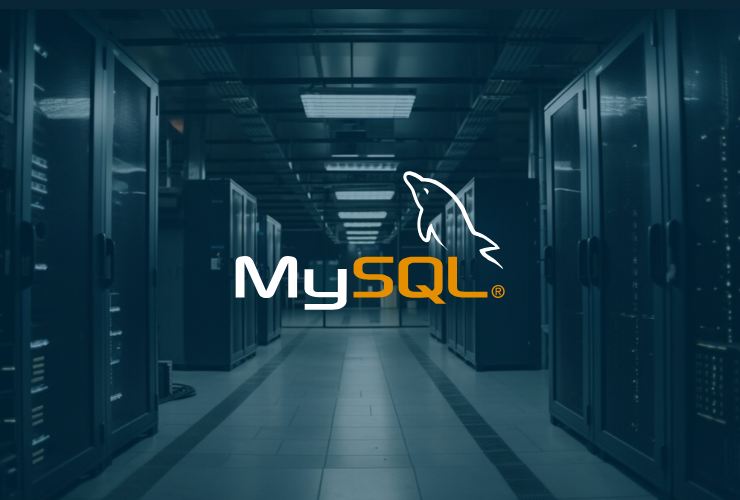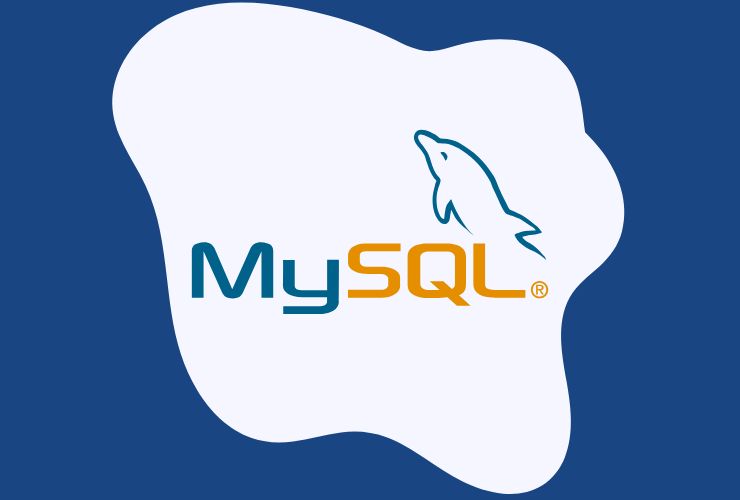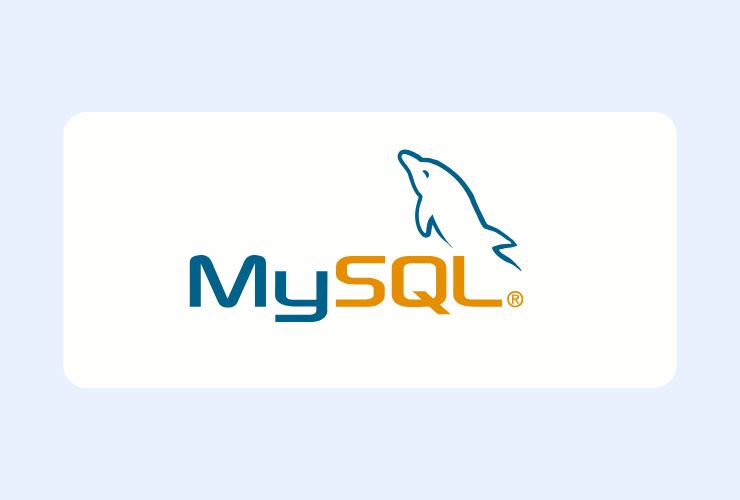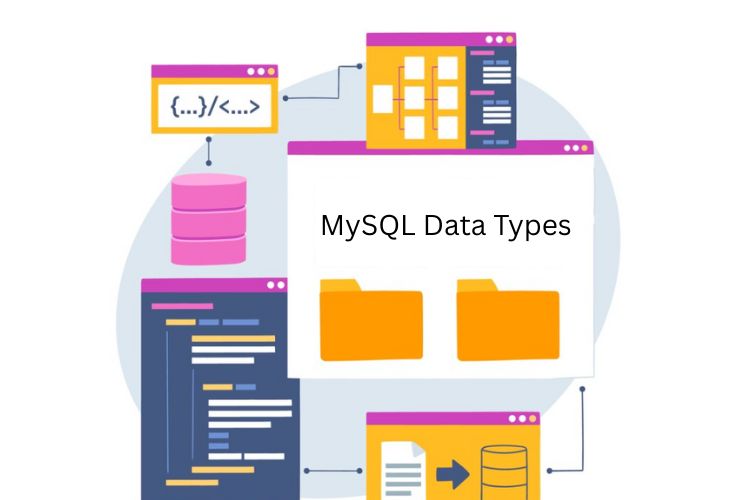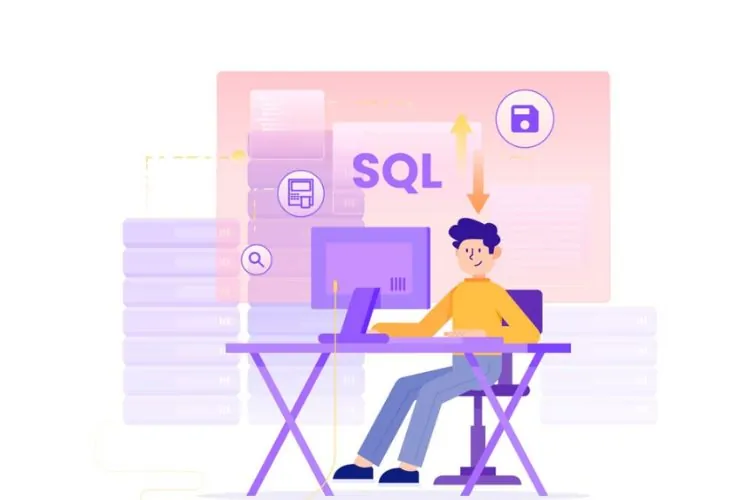In today’s very connected digital world, web applications touch almost every form of business – be it for business, educational, health purposes, or entertainment purposes. To work successfully, an application needs an efficient, scalable, and dependable database management system. From the past decades, MySQL stands out as one of the most-used open-source relational database management systems (RDBMS). Its strong versatility and impressive features make MySQL a cornerstone for modern web applications.
Why MySQL is Essential in the Modern Web Development Process
1. Organized and Efficient Data Storage
The base of any web application is data management and organization. MySQL provides that with its foundation of:
- Relational Model: The data will be stored in structured tables so that it can logically be organized with relationships between the datasets.
- SQL Support: With SQL, developers can query, update, or manipulate data quite easily.
- Data Integrity: Primary keys, foreign keys, and constraints ensure that data is the same and consistent.
2. Scalability for Applications Growing
Dynamic growth in user and data requirement happens in web applications developed using MySQL. MySQL enhanced scalability has benefits in the following forms:
- Horizontal Scaling: More servers are added when the workload grows, and such workloads can be handled quite easily.
- Vertical Scaling: Capability of the server is upgraded for growing demands.
- Replication: MySQL supports master-slave replication, which provides increased overall load distribution and improves high availability.
- Clustering: MySQL Cluster provides fault tolerance and scalability in applications that scale to millions of users.
3. Cross-Platform Compatibility
MySQL integrates easily with diverse platforms, frameworks, and technologies like:
- Programming Languages: PHP, Python, Java, Node.js, and many more.
- Content Management Systems (CMS): Powers popular CMS platforms, such as WordPress, Joomla, and Drupal.
- Development Frameworks: Supports Laravel, Django, and Ruby on Rails, hence flexibility for the developers .
4. Performance Optimization
MySQL contains in web applications that have data processing in real-time and for low latency:
- Efficient Query Execution: Indexing and query caching improves response times.
- ACID Compliance: ensures reliable transaction handling with Atomicity, Consistency, Isolation, and Durability properties
- Concurrency Support: It manages the read/write operation in parallel quite efficiently, which is a prime necessity for high-traffic applications.
5. Security and Data Protection
MySQL has made sure to implement strong security features in this modern era of intense cyber attacks as follows:
- User Authentication: The role-based access control limits the data access.
- Data Encryption: It secures the sensitive data during transit and rest.
- Backup and Recovery: Sophisticated tools ensure the protection from data loss and ensure continuity.
6. Cost-Effectiveness
Open source makes the development costs much lower. The MySQL Community Edition is free of cost, but enterprise versions offer more advanced features at very competitive prices. It supports major cloud platforms, such as AWS, Google Cloud, and Microsoft Azure, for further reducing the cost.
MySQL in Specialized Applications
ECommerce Development
- Transaction management supports secure payment.
- Real-time inventory management for updating products in real time.
- Scalability supports during high shopping events and customers’ increase.
Social Media Platforms
- Supports big data storage and retrieval for profiles, posts, and interactions from users.
- Has low latency supporting seamless user experience even during peaks.
Analytics and Business Intelligence
- MySQL natively supports working with tools such as Tableau and Power BI for data visualization and reporting
Native JSON Support facilitates modern workflow handling semi-structured data
Mobile Applications
- Lightweight, efficient, supporting mobile app backends.
- Integration with sync tools ensures data consistency across devices.
Innovations and Advancements in MySQL
MySQL is always upgrading to meet modern demands:
- InnoDB Improvements: InnoDB provides better performance and crash recovery for high-traffic applications.
- MySQL HeatWave: It integrates OLTP and OLAP functionalities to support real-time analytics.
- Window Functions and CTEs: It simplifies complex queries to support advanced data processing.
Conclusion
MySQL has proved to be the base for modern web application development regarding scalability, flexibility, and performance. It has been invaluable to developers for powering small-scale blogs and enterprise-level eCommerce platforms. Continuous innovation and adaptation towards new technologies make it an ever-vital tool in the dynamic world of web development.
MySQL is much more than just a database for businesses and developers that will help build more robust web applications; it’s a strategic partner to scalability, performance, and success.






